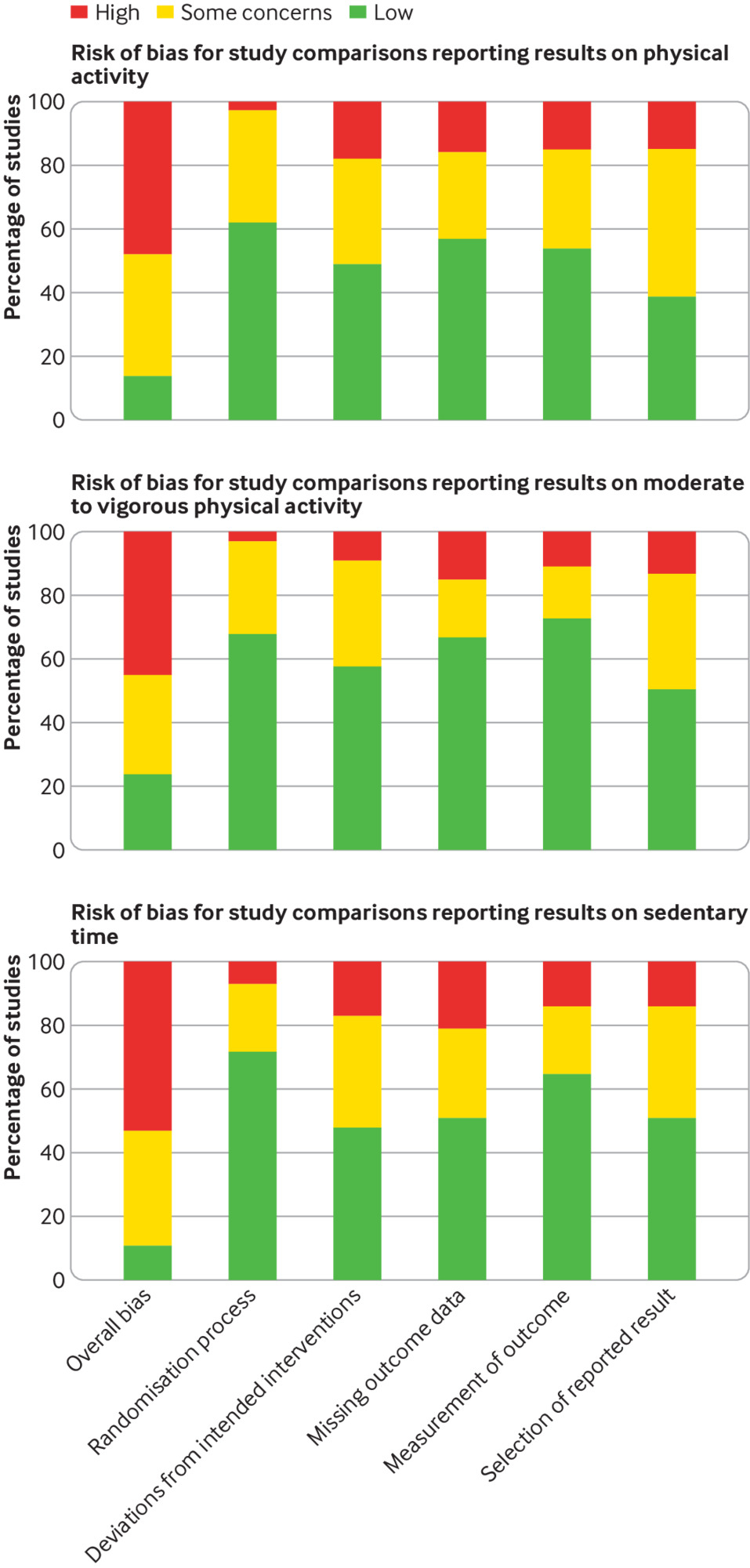New research finds that lifestyle changes combined with weight loss medications allowed people with obesity and overweight to maintain a weight loss of nearly 11 percent for up to five years.
Weight loss greater than 10 percent provides significant health benefits, according to researchers.
“If weight loss can be maintained, metabolic abnormalities can be reversed with meaningful benefits in patients with type 2 diabetes, cardiovascular disease and many other diseases where obesity is the main cause,” lead study author Michael A. Weintraub, MD, lead author. and fellow in the Department of Endocrinology, Diabetes & amp; Metabolism in Weill Cornell Medicine, Healthline reported.
Weintraub and the team presented their findings on June 12 at ENDO 2022, Endocrine Society’s annual meeting in Atlanta, Georgia.
“Our real investigation,” Weintraub said. “Demonstrates that anti-obesity medication along with lifestyle changes can achieve a significant weight loss of 10 percent body weight and that the loss is sustained in the long run.”
The study analyzed data from 428 patients at an academic weight management center.
“This research can help guide physicians toward designing personalized, accessible treatment regimens to help patients with long-term weight loss,” he said.
All patients were advised to follow a low-glycemic diet and exercise by the obesity specialist during their office visits and were offered further advice by a registered dietitian.
Medical intervention included FDA-approved and off-label weight loss medications that included metformin, phentermine, and topiramate.
On their last visit, patients used an average of two drugs for weight control.
Followed for about 5 years, participants maintained an average weight loss of 10.7 percent.
“In our study, we were surprised at the extent of weight loss achieved and maintained,” Weintraub said. “By adding obesity medication, patients lost and maintained an average of 10 percent of their body weight, which in this cohort was 23 pounds.”
He added that a third of patients could maintain 15 percent or more long-term weight loss.
“If weight loss can be maintained, metabolic abnormalities can be reversed with meaningful benefits in patients with type 2 diabetes, cardiovascular disease and many other diseases where obesity is the main cause,” Weintraub said.
Brian Quebbemann, MD, FACS, Bariatric Surgeon and Founder of The N.E.W. Program in Orange County, California, said for many overweight or obese people that a 10 percent weight loss would not mean they end up with moderate weight.
“Yes, a weight loss of 10 percent provides some health benefits,” Quebbemann said.
He compared it to a person with a blood pressure of 200 over 140, who is better off if they are given medication that lowers their blood pressure to 180 over 120. At that level, they would still be considered to have high blood pressure.
“Yes, they are better off, but they are still far from achieving healthy blood pressure,” Quebbemann said.
Suchitra Rao, MD, a bariatric doctor at O’Connor Hospital in San Jose, California, said that when used properly, weight loss medications can help people reach their weight loss goals safely.
“But obesity is a chronic, complex and recurrent disease,” she noted. “It may be necessary to continue them for the long term to maintain weight loss and prevent weight recovery.”
Rao added that beneficial lifestyle interventions to promote and maintain weight loss include behavioral changes to adapt our lifestyle to eating a healthy diet, learning to stay active regardless of age, stress management, and getting adequate sleep.
According to Minisha Sood, MD, an endocrinologist at Lenox Hill Hospital in New York, while all medications have potential side effects, the real problem is whether the benefits of a medication outweigh its risks.
“In the case of obesity, the benefits often outweigh the risks,” she said. “Metformin, topiramate and phentermine have been used successfully for many years in a safe way.”
Sood pointed out that these drugs have manageable side effects and can be easily discontinued if someone experiences intolerable side effects.
However, when the medicine is discontinued, the weight may increase.
According to Weintraub, his results show that it is possible to achieve a “significant” long-term weight loss in overweight and obese people without surgery.
“While it will require lifelong medication, the side effects of the weight loss medications used in this study are relatively mild,” he said.
Weintraub added that the health benefits of weight loss could result in a decrease in serious weight-related illness and therefore a decrease in the cost of medication as well as a decrease in disability and future complications of these medical problems.
“The result will be a measurable improvement in the quality of life for those people who adopt the necessary lifestyle changes,” he concluded.
New research finds that a combination of weight loss medication and lifestyle changes can result in significant weight loss in the long run.
Experts say that once the medication is stopped, the weight may return.
They also encourage people who are trying to lose weight to thoroughly assess their lifestyle in order to make healthy changes that encourage weight loss.


